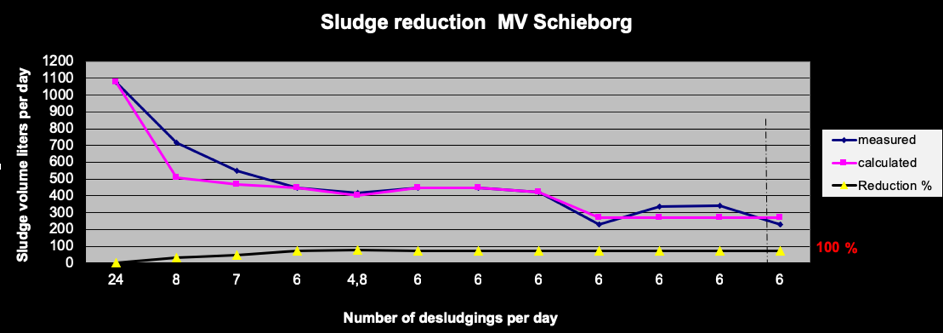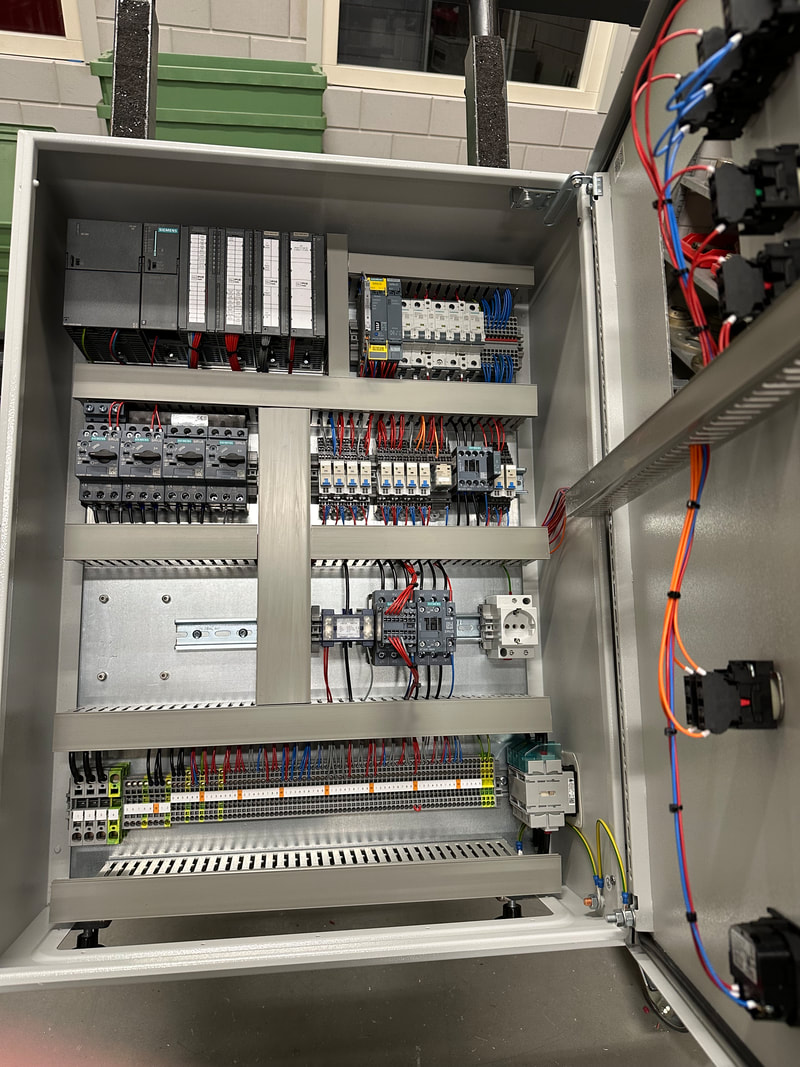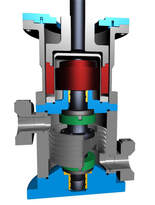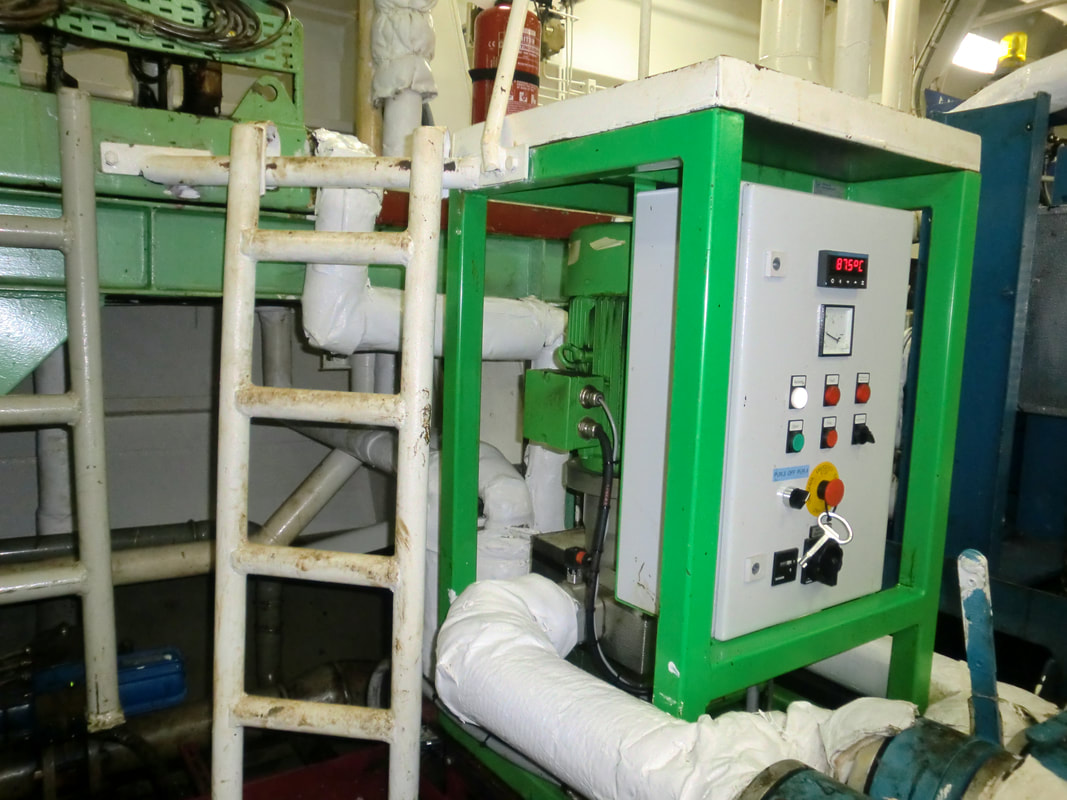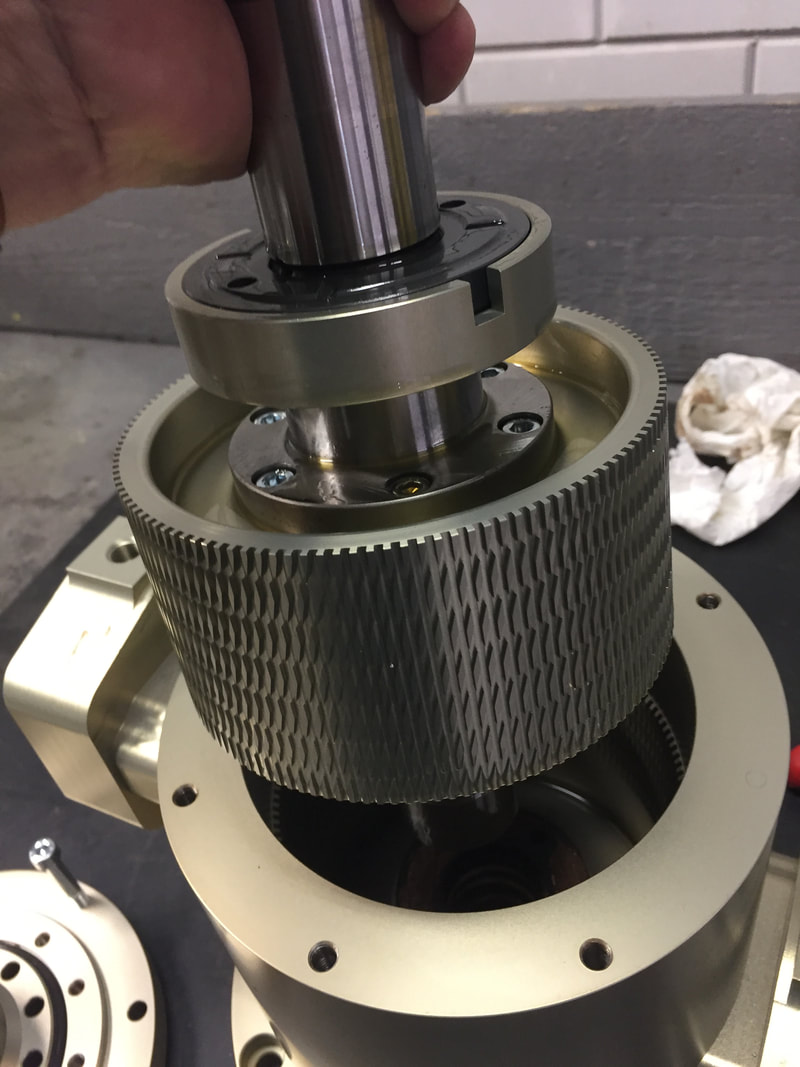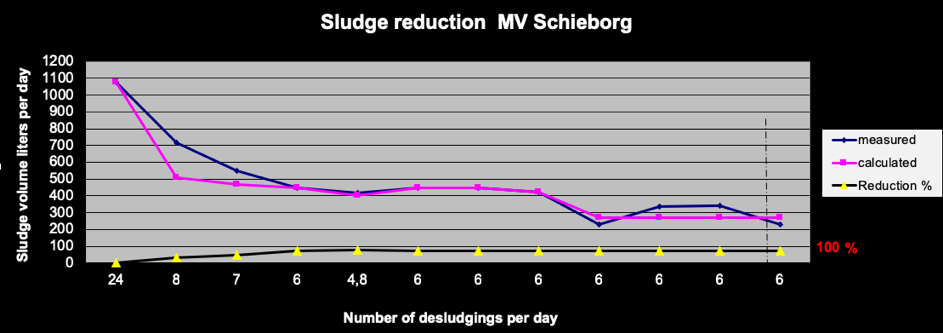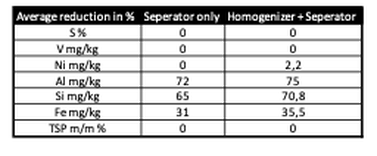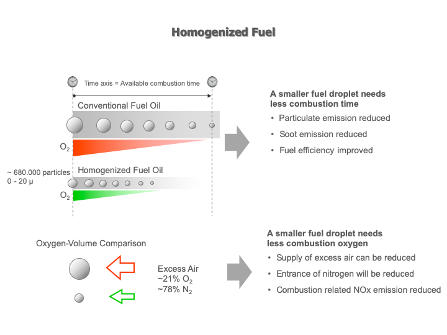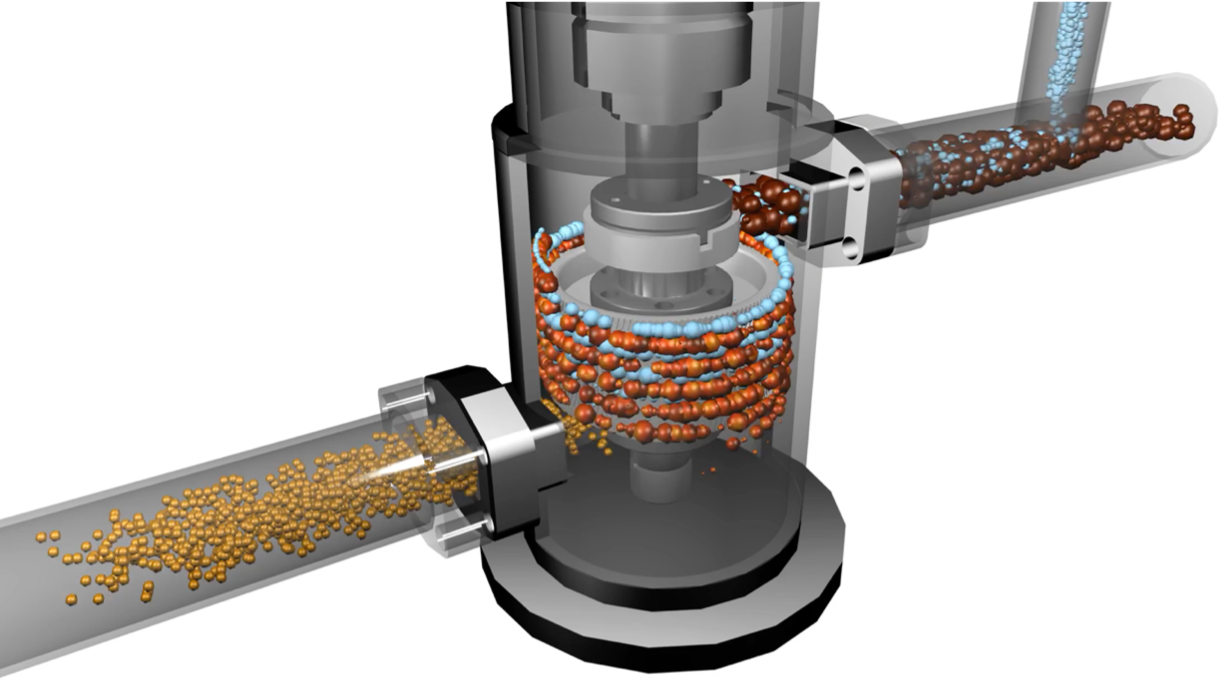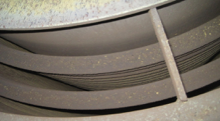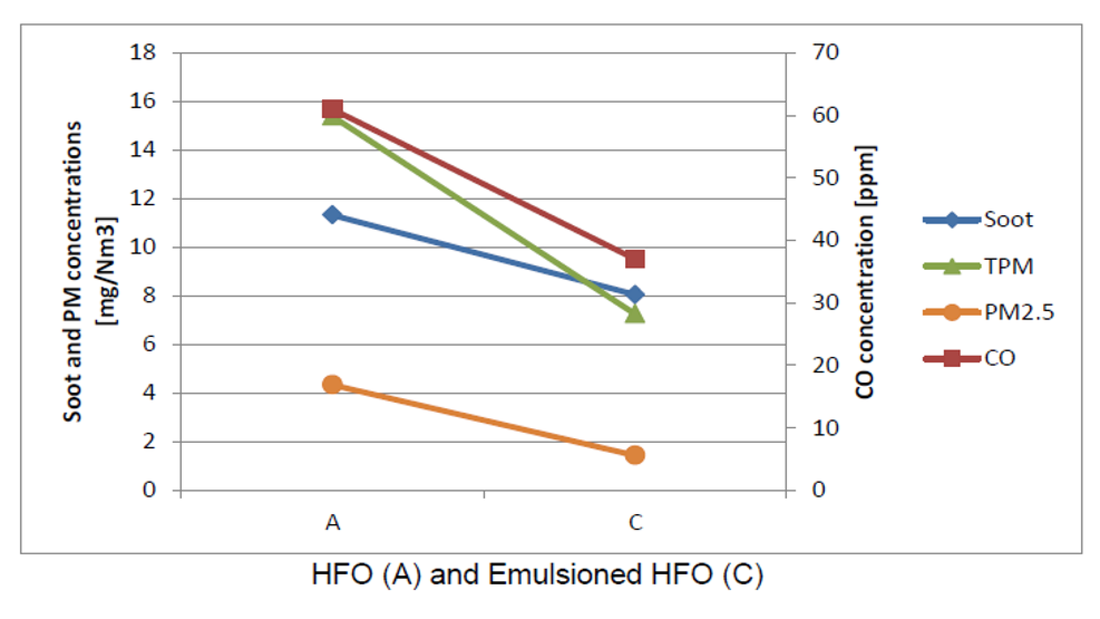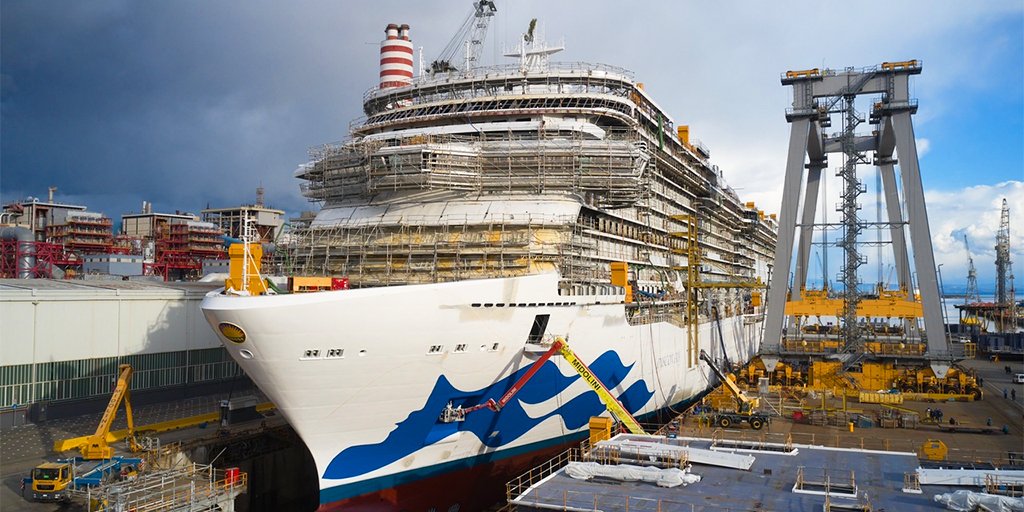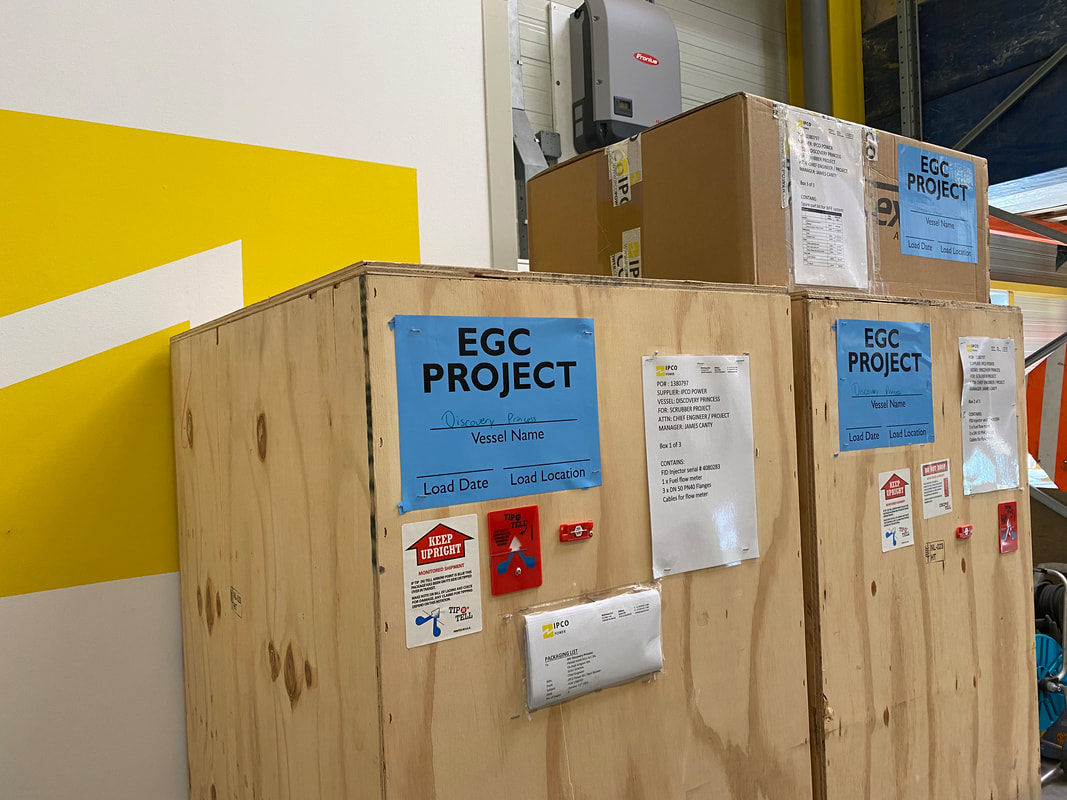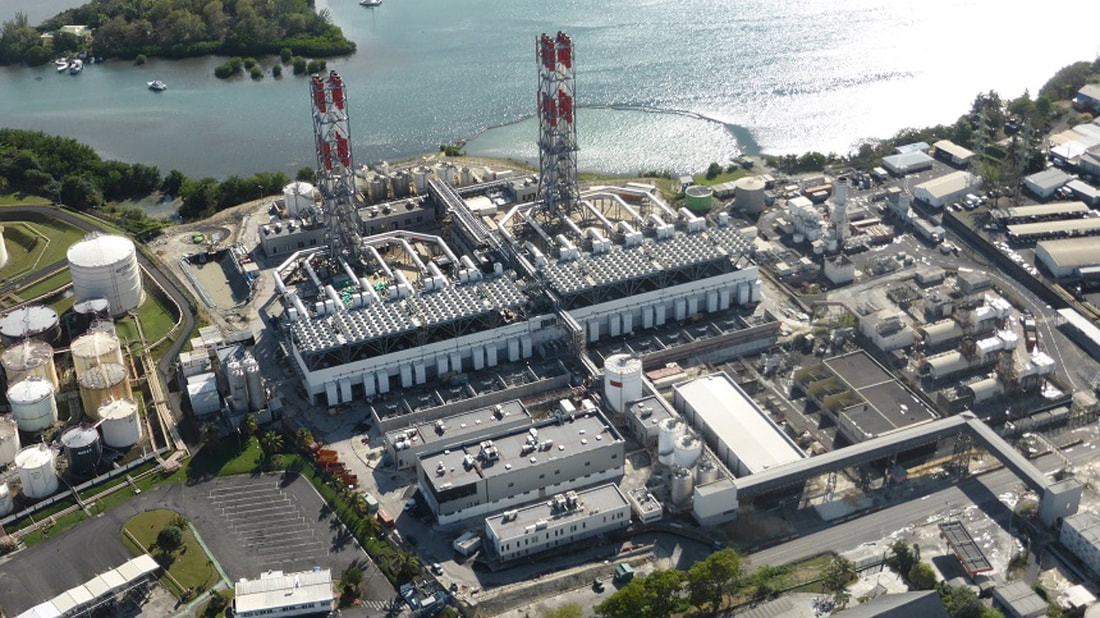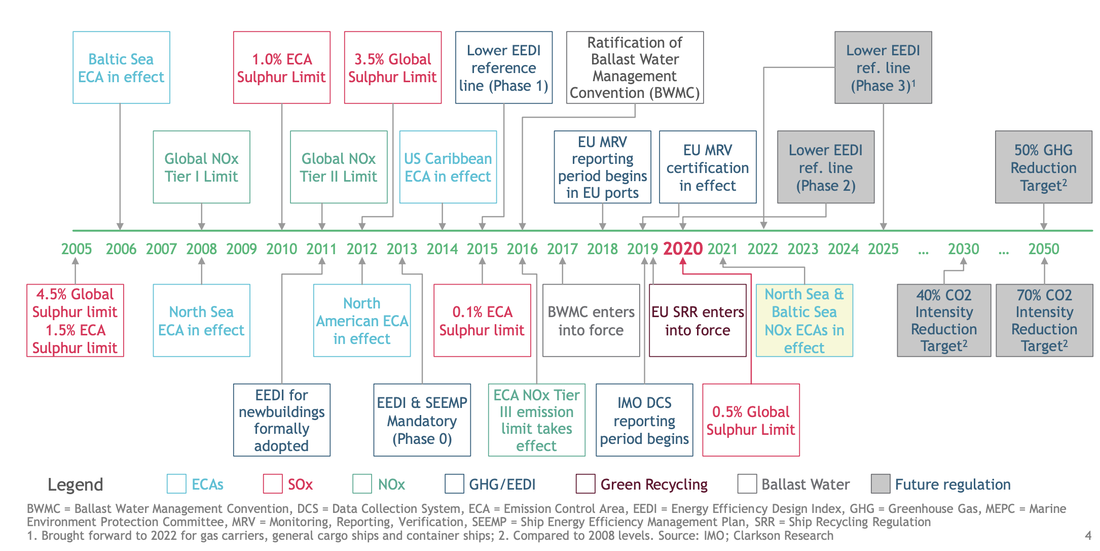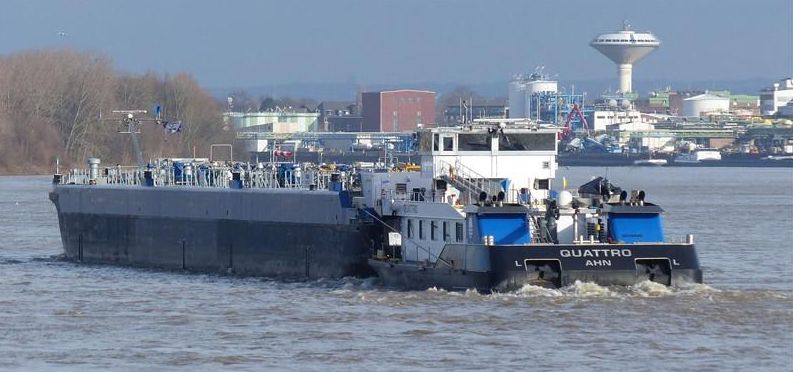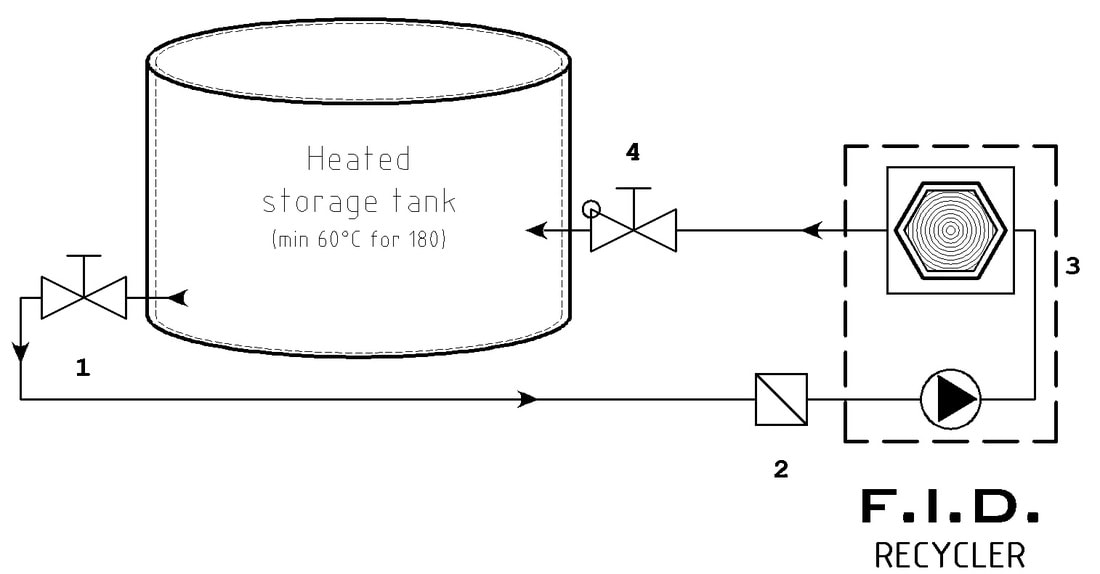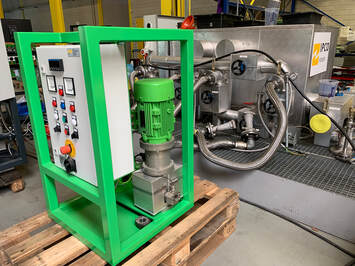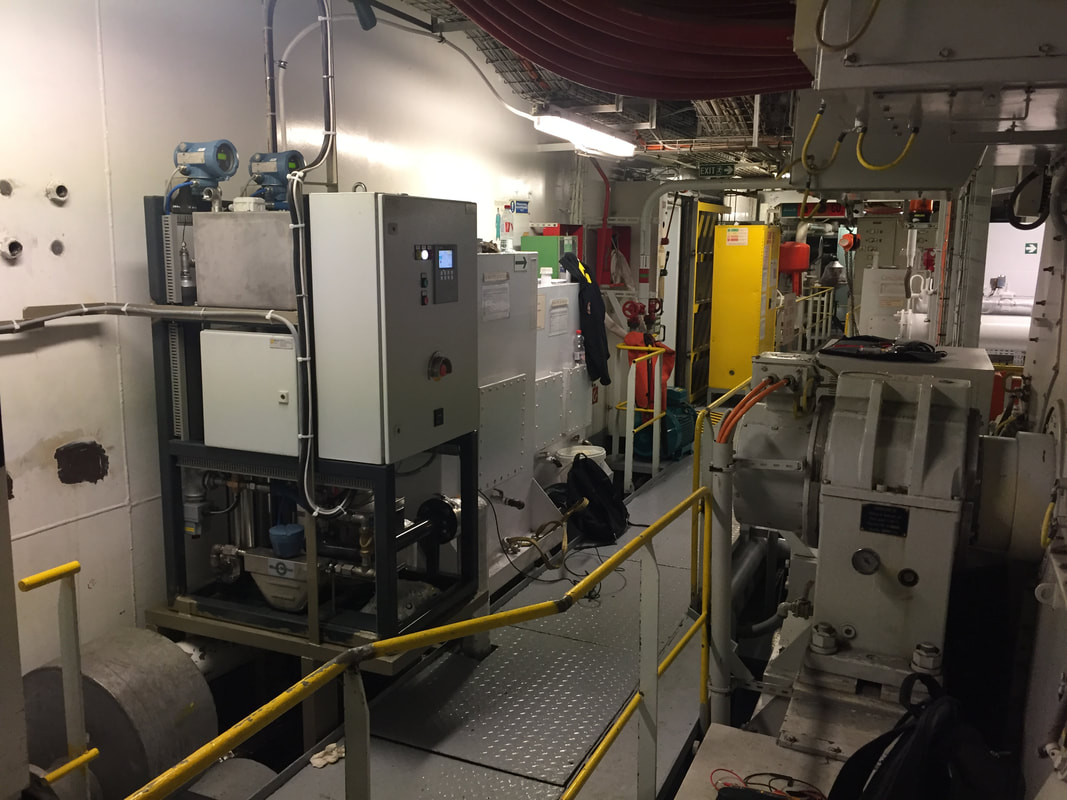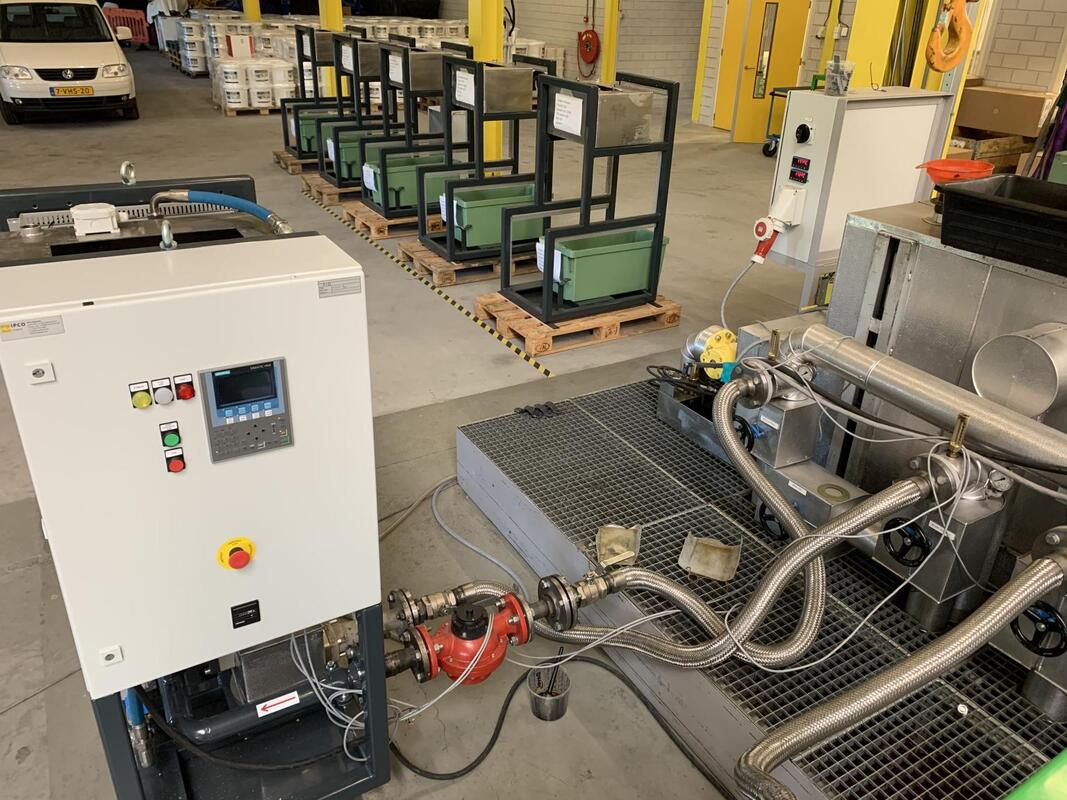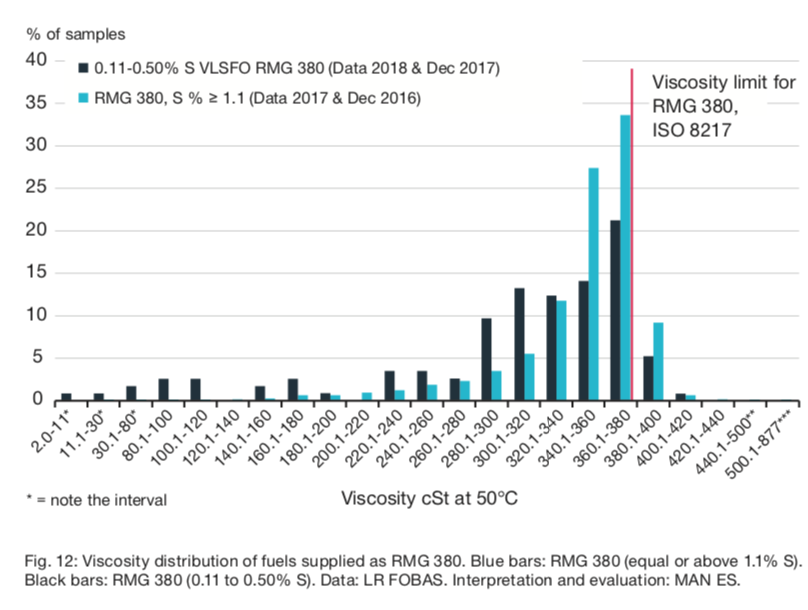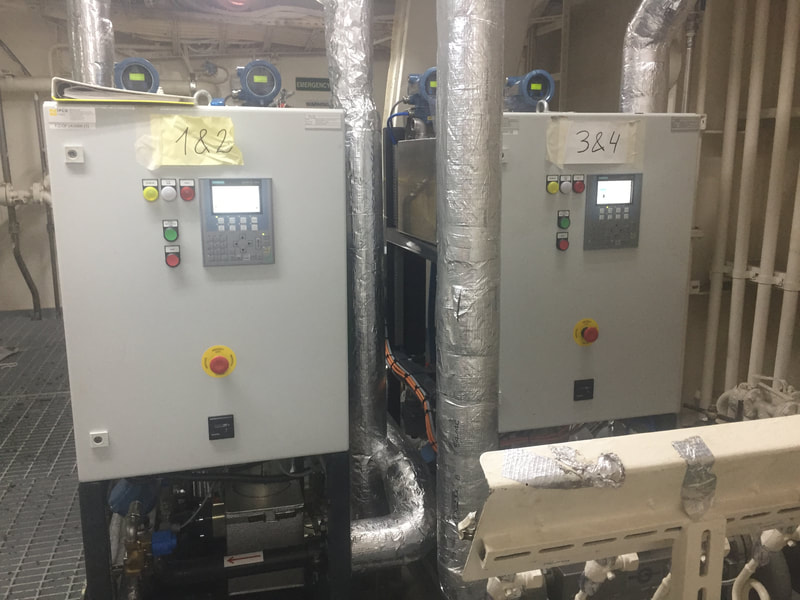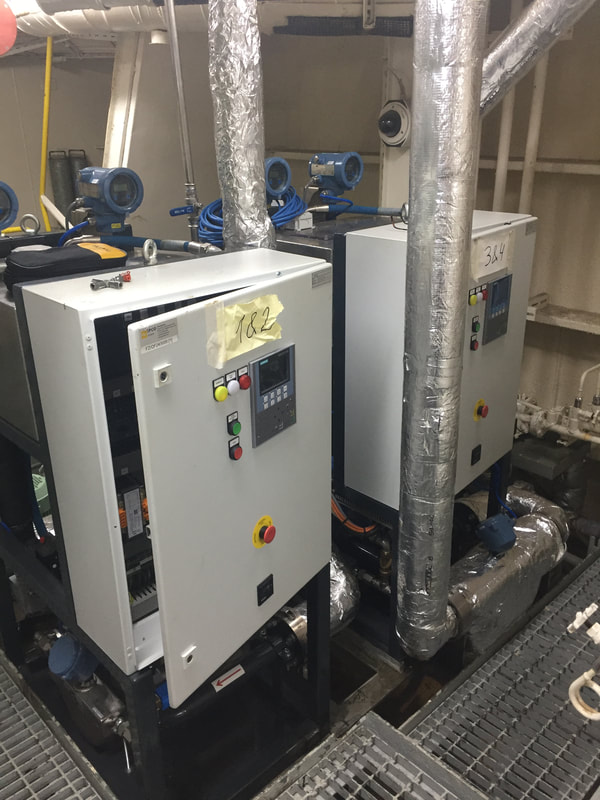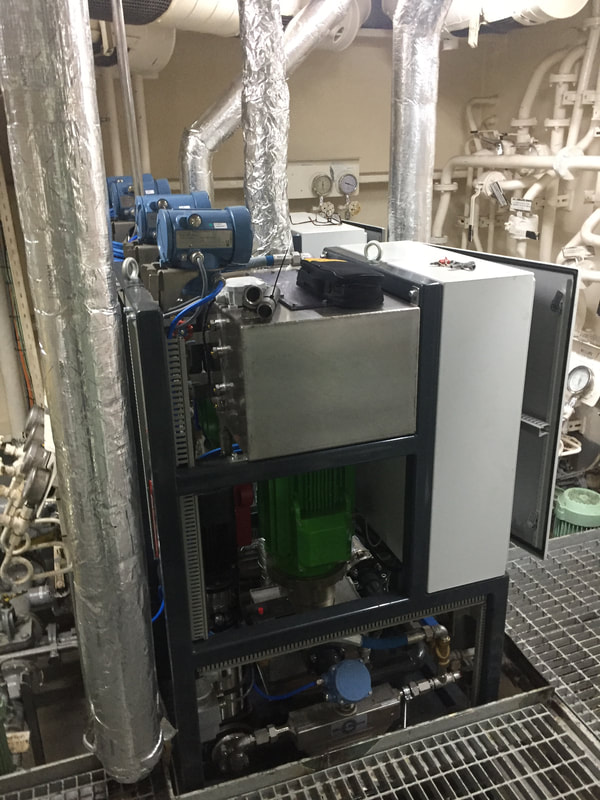Enhancing Efficiency and Sustainability with Homogenizer Technology in Sludge Reductiontroduction Homogenizer technology is crucial for improving fuel management and reducing sludge in maritime operations. This advanced approach significantly enhances the efficiency of fuel separators, resulting in lower sludge production and improved fuel efficiency. Benefits of Homogenizer Technology Improved Separator Efficiency:
Enhanced Fuel Efficiency:
Environmental Impact:
Operational Smoothness:
Case Studies and Real-world Applications Practical Implementations: Vessels using homogenizer technology have reported significant improvements in separator performance and sludge reduction. This technology effectively handles heavy fuel oils, maintaining engine safety and reliability even with lower quality fuels.
Conclusion
Homogenizer technology is essential for modern maritime operations, offering significant benefits in operational efficiency, fuel economy, and environmental sustainability. By enhancing the fuel pre-treatment process, homogenizers reduce sludge production, improve fuel efficiency, and boost overall engine performance. At IPCO Power, we recognize that not all fuel-saving initiatives on vessels impact the Specific Fuel Oil Consumption (SFOC). While SFOC is essential and measured through the fuel consumed by the engine in relation to the power produced, it doesn’t capture all efficiencies. Enhancing the usage of fuel from your bunker tank may not reflect in the SFOC but leads to significant fuel savings and reduces sludge disposal needs.
📏 In adherence to the stringent German Rule—derived from the German Wasserpolizei and widely accepted internationally—Hamburg port control mandates a minimum sludge production of 1.5% of fuel consumption. This ensures that sludge isn’t dumped into the sea and meets both local and global environmental standards. Although reducing sludge production might not improve SFOC directly, it significantly betters the overall fuel efficiency of vessels. IPCO Power’s FID Reducer is a game-changer in this field. Positioned before the centrifuge in your fuel processing system, our FID Reducer is designed to decrease the size of fuel droplets, enhancing the efficiency of centrifuges and filters. This not only cuts down sludge production but also extends the life and maintenance intervals of your equipment, boosting operational efficiency. 🔬 The efficiency gains also depend on the size of asphaltenes in the fuel, with larger asphaltenes translating to more significant fuel conversion—up to 10% of asphaltenes can be transformed into usable fuel, achieving savings of between 0.3% and 1.00%. Certified under the International Oil Pollution Prevention (IOPP) Marpol Leg. 73/78 Annex 1, our FID Reducer ensures compliance with international standards, allowing for smoother port controls and reduced inspection issues. 🌍 With every step towards reducing sludge, we not only lower disposal costs but also enhance the environmental footprint of maritime operations. Join us at IPCO Power as we set new standards in maritime efficiency and environmental stewardship. #MaritimeIndustry #IPCO Power #Sustainability #FuelEfficiency #EnvironmentalImpact At IPCO Power, we've dedicated years to mastering water-fuel emulsion technology. Our journey started with a clear objective: to improve fuel efficiency while reducing emissions in maritime operations. 🌱🚢
Understanding the critical importance of emulsion quality, we've identified the optimal point of water injection - directly at the fuel feed towards the mix tank. This process, devoid of unnecessary circulation, ensures a perfect blend. 🎯💧 Following this, our unique fuel homogenizer takes over, creating a stable, efficient emulsion. This step is crucial: without it, vessels risk the presence of free water in their engines, leading to inefficiencies and potential safety hazards. 🛠️⚙️ Over the years, we've seen various methods and technologies emerge. However, the effectiveness of water-fuel emulsion depends on precise execution and the right equipment. At IPCO Power, we've refined our approach based on comprehensive research and real-world applications. 📊🔍 With more than 140 systems operational worldwide, our technology is not just proven; it's a testament to our commitment to sustainability and efficiency in the maritime industry. 🌍🚀 Our FID Injector system, available since 2008, remains the most cost-effective solution for reducing NOx, CO2, PM, and soot emissions in maritime operations. It's not just about innovation; it's about providing a practical, efficient solution that stands the test of time. 💡💸 Join us in our journey toward cleaner, more efficient maritime operations. IPCO Power is here to guide you every step of the way. 🚢🌿 Learn more at: https://lnkd.in/eZZ9-NV #IPCO Power #MarineInnovation #Sustainability #Efficiency From drafting tables to deployment, we've managed every detail within our own facilities, ensuring unmatched excellence in marine engineering. Here's a first look at the electrical cabinets designed and built entirely in-house for the Water Fuel Emulsion system aboard the HAL Koningsdam. Our commitment to innovation and sustainability is at the heart of this project, driving us forward in the maritime industry.
Look at https://lnkd.in/eZZ9-NV for more details about the product and at https://lnkd.in/efayfXD5 for more about our engineering possibilities. #Innovation #MarineEngineering #Sustainability #HALKoningsdam Introduction: Efficiency isn't just a preference in maritime operations; it's a prerequisite. With fuel costs comprising a significant portion of operational expenses, ship owners and operators are constantly seeking innovative solutions to maximize fuel utilization. Enter the Homogenizer—an advanced milling machine engineered to revolutionize fuel quality aboard ships. This article delves into the transformative influence of homogenizers in enhancing combustion efficiency, reducing maintenance, and mitigating environmental impacts in maritime operations. Understanding Homogenization: At its essence, a homogenizer is a mixer engineered to achieve a uniform and consistent mixture by subjecting materials to various forces within a confined space. In maritime operations, homogenizers are instrumental in enhancing fuel quality, especially concerning heavy fuel oil (HFO) utilized in main engines. The Science Behind Fuel Homogenization: Fuel oil typically comprises water, paraffin, solid impurities, sulfurous organic compounds, and hydrocarbons. The heterogeneous nature of fuel oil presents challenges during combustion, resulting in inefficient burning and the generation of toxic byproducts. Homogenization addresses these issues by breaking down sulfur and paraffins, enhancing dispersion, and ensuring uniformity in the fuel mixture. Harnessing Cavitation for Efficiency: Cavitation technology stands out as one of the most efficient methods of fuel homogenization. Cavitation, a phenomenon akin to boiling yet distinct in its mechanisms, involves the formation and collapse of microscopic bubbles in a liquid. When applied to fuel homogenization, cavitation disrupts molecular bonds, facilitates dispersion, and enhances combustion efficiency. Benefits of Homogenized Fuel: The advantages of utilizing homogenized fuel are manifold. Enhanced combustion efficiency translates to reduced equipment wear, decreased maintenance costs, and improved environmental sustainability. By optimizing fuel quality, homogenizers empower ship operators to maximize the burnable fuel fraction, thereby enhancing operational efficiency and profitability. The Homogenizer Solution for Maritime Operations: Tailored to address challenges associated with heavy fuel oil, the Homogenizer provides a chemical-free approach to fuel optimization. Equipped with a hermetically sealed magnetic coupling drive and specialized materials capable of withstanding high pressure and temperature, the Homogenizer ensures reliable performance in diverse maritime settings. Fueling the Future: Homogenizers and Biofuel Integration As the maritime industry shifts towards sustainable solutions, homogenizers' role in fuel optimization extends beyond conventional fuels. With the emergence of biofuels as a viable alternative, homogenizers are poised to play a pivotal role in enhancing efficiency and reducing environmental impact. Biofuel Challenges Addressed: Biofuels pose unique challenges due to their composition and properties, including unmixing, oxidative degradation, and microbial contamination. Homogenizers offer effective solutions to these challenges, ensuring the stability, efficiency, and reliability of biofuels throughout maritime operations. Unlocking the Potential of Biofuels:
By integrating homogenization technology into biofuel processing and storage, ship owners and operators can fully exploit the potential of biofuels as a sustainable energy source. Homogenizers mitigate issues such as unmixing, oxidative degradation, and microbial contamination, maximizing the benefits of biofuels while minimizing drawbacks. A Sustainable Future at Sea: Amidst the maritime industry's transition towards cleaner fuels, homogenizers emerge as pioneers of innovation. By optimizing the quality and performance of both traditional fuels and biofuels, homogenizers contribute to a more sustainable future at sea, where efficiency, reliability, and environmental responsibility converge. Conclusion: In a maritime landscape driven by efficiency and sustainability, homogenizers stand out as indispensable tools for fuel optimization. By leveraging cavitation and ensuring uniformity in fuel mixtures, homogenizers facilitate enhanced combustion efficiency, reduced maintenance, and long-term cost savings. As the maritime industry evolves, the significance of homogenizers in shaping a more efficient and environmentally conscious future remains unparalleled. Check out our products n an era where sustainability and environmental responsibility are paramount, the world is turning its attention to biofuels as a cleaner, greener alternative to traditional fossil fuels. However, as we venture further into the realm of biofuels, we are encountering new challenges. IPCO Power, a pioneer in fuel technology, is stepping up to address these challenges head-on with cutting-edge solutions.
Fuel Homogenizer: A Key Player in Biofuel Evolution Biofuels have the potential to reduce greenhouse gas emissions and lessen our dependence on fossil fuels, but they are not without their complexities. Variability in feedstock quality and composition can lead to performance issues and increased maintenance costs for engines and equipment. That's where IPCO Power's Fuel Homogenizer comes into play. Our Fuel Homogenizer is a game-changer for the biofuel industry. It ensures that biofuels are blended to perfection, achieving consistent quality and performance. By eliminating the inherent inconsistencies of biofuel feedstocks, we are enabling the industry to confidently transition to cleaner, renewable energy sources. FID Blender: On-Board Blending Made Easy As we adapt to a world with a growing reliance on biofuels, efficient blending is vital. IPCO Power's FID Blender simplifies the process of blending different biofuel components on board, providing a seamless solution for achieving the optimal biofuel mix for any application. This not only enhances engine performance but also streamlines operations, reducing costs and environmental impact. FID Recycler: Tackling Biofuel-Related Challenges Head-On One of the challenges associated with biofuels is the potential for bacterial growth within fuel tanks, which can lead to corrosion, clogging, and other costly issues. IPCO Power's FID Recycler offers a proactive solution by preventing bacteria growth and maintaining the integrity of biofuels. With our on-board tank treatment system, biofuels remain in pristine condition, ensuring a smooth and trouble-free journey. At IPCO Power, we are not just witnessing the evolution of biofuels; we are actively shaping it. Our commitment to sustainable energy solutions goes hand in hand with our dedication to innovation. By providing reliable and efficient tools like the Fuel Homogenizer, FID Blender, and FID Recycler, we empower the biofuel industry to thrive in an environmentally conscious world. As the world continues its transition towards renewable energy sources, IPCO Power stands at the forefront, ready to support the biofuel industry's growth and development. Together, we can create a cleaner, more sustainable future. Connect with us to learn more about our cutting-edge solutions and join us in revolutionizing the biofuel industry. Some manufacturers of separators have voiced concerns regarding the influence of homogenizers on the performance of separators. Their worry is that homogenizers could affect the separator’s ability to efficiently separate substances denser than water and impede the process of water extraction. Fundamentally, the purpose of centrifuges and filters is to extract water and inorganic impurities from fuel, with the assumption that organic components of the fuel will be combusted in the engine instead of being discharged into the slop tank. Homogenizers aim to minimize fuel waste to less than one percent by reducing the size and mass of fuel droplets, thereby enhancing the ability of centrifuges and filters to remove inorganic pollutants from new fuel. Refineries have advanced in reducing contaminants like cat-fines in Heavy Fuel Oil (HFO), and protecting engines is a top priority. IPCO Power's homogenizers are crucial in this process by diminishing fuel droplet size and mass, which in turn boosts the performance of centrifuges and filters. In the IPCO Power homogenizer, fuel is forced through a 300-micron gap between the stator and rotor of the homogenizer, which spins at 3000 RPM, creating fluid shearing. The sludge expelled by the fuel separator is typically composed of three main elements:
The ratio of these elements can vary based on the fuel’s state, quality, and the specifications and settings of the fuel separator. FRAS Technology has verified that homogenizers do not affect the volume and size of the hard (inorganic) particles in the fuel. A report by CIMAC, comparing particle size distribution and count with and without a homogenizer prior to centrifugation, indicated a 4-6% improvement in particle removal efficiency with the use of a homogenizer/separator system compared to using a separator alone. IPCO Power has conducted thorough research on the efficiency of separators through onboard installations, analyzing bunker samples before and after treatment by the separator, both with and without the homogenizer active. These studies showed that the presence of the homogenizer notably enhanced the separator’s removal effectiveness and achieved a reduction in sludge by 50 to 80%. Any decline in separator efficiency would be quickly noticeable. IPCO Power is pleased to report that since 2006, all installed homogenizers have consistently met and surpassed customer expectations, delivering the high level of performance our customers require. IPCO Power welcomes any inquiries and is ready to provide further details as needed.
At the moment most vessels are focusing in reducing operational costs. Fuel is the biggest operational costs. The use of the IPCO Power WFE system (FID Injector) will result in more effective combustion, lower fuel consumption and a reduction of NOx, Soot and PM pollutants, while the engine’s combustion chambers, pistons, exhaust system and lube oil will stay much cleaner. Currently 130 Water Fuel Emulsion systems from IPCO are in operation! The benefits are coming from the 2 parts of treatment: Homogenizer: Firstly, the fuel homogenizer reduces fuel droplet size to 3 micron and smaller. Smaller fuel droplets enhance combustion, lower emissions and improve fuel economy. Adding water to the fuel: Secondly the WFE system the FID Injector is a combustion improvement system designed to create a stable “water in fuel” emulsion. The system is installed before the mixing tank. The implementation of emulsified fuel significantly enhances fuel atomization and distribution in the combustion chamber. Schematic representation of combusting fuel emulsion:
NOx reductions using water in fuel emulsions are significant; approximately 1% NOx reduction is achieved for every 1% injected water. Using existing fuel systems, water content is limited to 20%. The FID Injector has a cost advantage over other systems, primarily due to its simplicity in system installation and operation. With the better combustion your exhaust will stay cleaner. This will lead to cleaner wash water from scrubber systems. The FID Injector (WFE) system is one of the simplest systems to reduce the particulate matter and soot emissions significantly. The system will target these emissions at the source, the fuel. Operational costs are low as the only major requirement to the Injector is the water addition. The FID Injector has a small footprint, and all necessary components are available inside the frame. The FID Injector is installed between booster feed pump and mix tank to simply control the water injection. Benefits from our Water Fuel Emulsions system: Up to 2% fuel saving with a 4 stroke engine and 2,4% with a 2 stroke. Less engine maintenance Up to 20% NOx reduction Less black smoke Up to 90% PM and Soot reduction Assisting your ships scrubber system (keep the scrubber cleaner) Scrubber wash water will be cleaner Example of the benefits: The soot reduction was confirmed for example by the Seabourn Odyssey. After installation of the WFE system they had half of the soot waste during the monthly cleaning of the EGB. Steam pipes before and after the installation of the IPCO WFE system. Evaluation on board HAL RyndamResults during the evaluation on board HAL Ryndam were the same as the evaluation from Lloyds Register with Carnival Corp. Emission reduction measured on board vessel from CostaPrincess sixth and final Royal class vessel the Discovery Princess will be equipped with IPCO Power's Water Fuel Emulsion systems. The systems will assist Carnival (Ecospray) AAQS (Advance Air Quality System) with reducing NOx, soot and particulate matter. The WFE system will reduce these emissions and will reduce fuel consumption due to the combustion improvement. With a combustion improvement there will be less dirt inside scrubbers waste water.
 At it’s Guadaloupe’s power plant EDF was experiencing fuel related issues with asphaltenes. The safety fuel oil filters were clogging relatively frequently. IPCO Power’s Fuel Homogenizer is installed to reduce fuel droplet size and prevent issues with asphaltenes. This to assure best efficiency in operation. Are you ready for the upcoming NOx regulations in the Baltic and North Sea? January 1th 2021 is coming soon. Water Fuel Emulsions are the most financial friendly way to comply.
Possible with HFO, MGO and biofuels Read at our Water Fuel Emulsion page Our Fuel Treatment Systems does not only work on heavy fuel oil. Also with diesel fuel the homogenizer will improve combustion and will reduce soot emissions. The system is for example installed on the push tug Quattro with 4 x Caterpillar C18 engines.
 IPCO Power proudly confirms Tech-Solutions as it’s distributor and service partner for Kenya, Nigeria, Ghana and Denmark. Tech-Solutions is a Danish Export Company with years of experience in sourcing of quality Technical Solutions and Products. Many years of cooperation with Danish and European Manufacturers has given us a thorough knowledge of innovative solutions that most often brings our customers great savings. Solutions that are directed towards Caring about the Global Environment. With the additional of the IPCO Power Fuel Homogenizers Tech-Solutions can offer Sludge Reduction, Combustion Improvement for boiler plants, power plants and shipping. More information can be found on www.tech-solutions.dk Since the implementation of the 2020 compliant 0.5% sulphur fuel, the shipping industry is facing significant challenges, mainly due to the poor and inconsistent quality of the blended fuels. Blended fuel can become very unstable which can lead to major issues inside the fuel system, engine, and combustion process. We are receiving an increased number of queries asking if fuel homogenizers work on 2020 compliant fuel, and it is important to understand that 2020 compliant fuel is only referring to 0,50% Sulphur, it does not mean that any other part of the specification of the fuel is improved. On the contrary, there are already numerous reports within the industry of significant damage to main engines and excessive sludge problems after vessels have changed over to the new compliant fuel. As most of the new compliant fuels are a blend of HFO and various percentages of ‘cutter stock’ it is difficult to know what the exact blend ratio or composition is, which can lead to instability (stratification, excessive sludge) and incompatibility issues. The ISO fuel specifications do not regulate this. So if you have a tank fuel of “bad” fuel you can use our FID Recycler to reactivate the fuel again. The pump will circulate the fuel over the tank. All fuel will be handled by the fuel homogenizer at the same skid.The fuel homogenizer will reduce fuel droplets size and make a homogeneous fuel. IPCO Power receives order to supply Water Fuel Emulsions systems for Carnival Miracle and Carnival Victory. The WFE system the FID Injector is a combustion improvement system designed to create a stable “water in fuel” emulsion. The system is installed before the mixing tank. The implementation of emulsified fuel significantly enhances fuel atomization and distribution in the combustion chamber.
Last week the Water Fuel Emulsion system on board Pacific Princess was commissioned. The systems will feed the engines equipped with Exhaust Gas Scrubbers. With the FID Injector there will be a significant reduction in particulate matter, soot and NOx. Water Fuel Emulsions will reduce the visible smoke.
 IPCO Power receives new order to equip Sea Princess and Golden Princess with it's Water Fuel Emulsion system the FID Injector. The systems will be installed to assist the Ecospray exhaust gas scrubber to reduce particulate matter and soot emissions with at the same time a 2% fuel saving. With the 2020 Sulphur cap the Sulphur limits on fuel will be reduced from 3,50% to 0,50%. Shipowners can take several options to comply:
On a regular basis we currently receive questions if fuel homogenizer work on 2020 compliant fuel. It is important to understand that 2020 compliant fuel is only referring to 0,50% Sulphur. It does not mean that any other part of the specification of the fuel is improved. Fuel homogenizers have the highest improvement with HFO 180 – 700. With the 0,50% Sulphur compliant fuel the viscosity of the fuel will be reduced, but still most of the used fuel will be above the HFO 180 grade. The expectations for the 2020 compliant fuels are problems with:
In these areas the homogenizers excel. Homogenizers will improve fuel into a homogenous mixture. Even when batches are sometimes incompatible. Engine makers and insurance companies are expecting severe issues with the upcoming compliant (but sometimes) untested fuels. The fuel homogenizers will add another layer of protection. As newest addition to Seabourn's fleet of cruise ships also the Seabourn Ovation is now equipped with IPCO's Water Fuel Emulsions systems. NOx reductions using water in fuel emulsions are significant; approximately 1% NOx reduction is achieved for every 1% injected water. The FID Injector (WFE) system is one of the simplest systems to reduce the particulate matter and soot emissions significantly. The system will target these emissions at the source, the fuel. The FID Injector has a small footprint and all necessary components are available inside the frame. Last week the IPCO WFE systems (FID Injector) on board P&O Oceana were commissioned. The systems will assist Carnival (Ecospray) AAQS (Advance Air Quality System) with reducing NOx, soot and particulate matter. The WFE system will reduce these emissions and will reduce fuel consumption due to the combustion improvement. With a combustion improvement there will be less dirt inside scrubbers waste water.
|
Categories
All
Archives
March 2024
AuthorBart Sluimer is the General Manager of IPCO Power. IPCO Power is an international company specialized in environmental solutions for the petrochemical-, shipping- and power industry. Find us on google+ and twitter |
||||||||||||||||||||||||||||||||||||||||||


